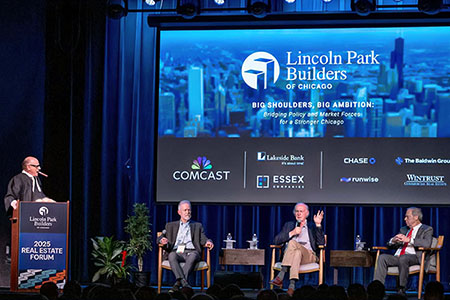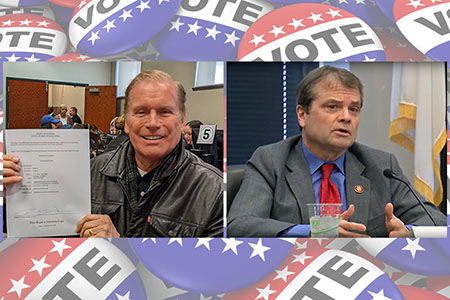
Apartment rents are on the rise in Chicago and most other parts of the nation, but a large and growing segment of renters continues to believe leasing a residence is a more affordable option than owning.
Oct. 26, 2018 – While young Millennial renters are feeling the squeeze of rising housing costs, they will continue to rent because they perceive it to be the more affordable housing choice, according to a new research report from Freddie Mac Multifamily. The survey, Profile of Today’s Renter, reports that 78 percent of renters believe leasing an apartment is more affordable than owning. That finding is up a stunning 11 points from just six months ago in February 2018. This is the case even as most renters – 66 percent – reported difficulty affording their rent at some point over the past two years. Despite the obvious tax advantages of owning the American Dream – a single-family home – barriers to buying for the young Millennial generation also include saving up enough down payment cash while paying off college loans.
The market value of North Township apartment buildings with six units or less surged to $1.3 million from $1.1 million, an appreciation of more than 18 percent over the past three years, according to Cook County Assessor Joseph Berrios. Because of the assessor’s new, improved “state-of-the-art” reassessment model, Berrios declared that the median assessed value of these properties increased to $129,082, a whopping gain of 23.32 percent. Other rising costs for small apartment owners include higher water, sewer, and garbage fees, which have doubled over the past few years. The Freddie Mac Multifamily survey also found nearly nine in ten renters employed in the essential workforce, such as healthcare and education, had significant difficulty affording the rent over the past two years.
The survey found the perception of affordability of renting over owning was evident across three generations. Millennials, Generation Xers, and Baby Boomers all saw marked increases in the perception that renting is more affordable than owning.
Despite the gloomy findings of the survey, a consistent number of apartment dwellers – 63 percent – continue to express satisfaction with their rental experience, Freddie Mac said. In fact, 58 percent of renters believe that renting is a good choice for them now and do not currently have plans to buy a home – up from 54 percent in February. Over the last three years there has been a gradual increase in the number of renters who are not interested in buying, according to Freddie Mac. This quarter shows a small increase in this trend, with 23 percent of renters reporting they have no interest in buying a home, up from 20 percent in February. In addition, 42 percent of Baby Boomers surveyed expressed no interest in owning a home. The survey found that 66 percent of renters plan to continue leasing their next residence, up 11 points from February 2018. Consistent with this view, fewer renters – 41 percent – believe buying a home will be equally or more affordable in the next 12 months, down from 46 percent in February. |

















